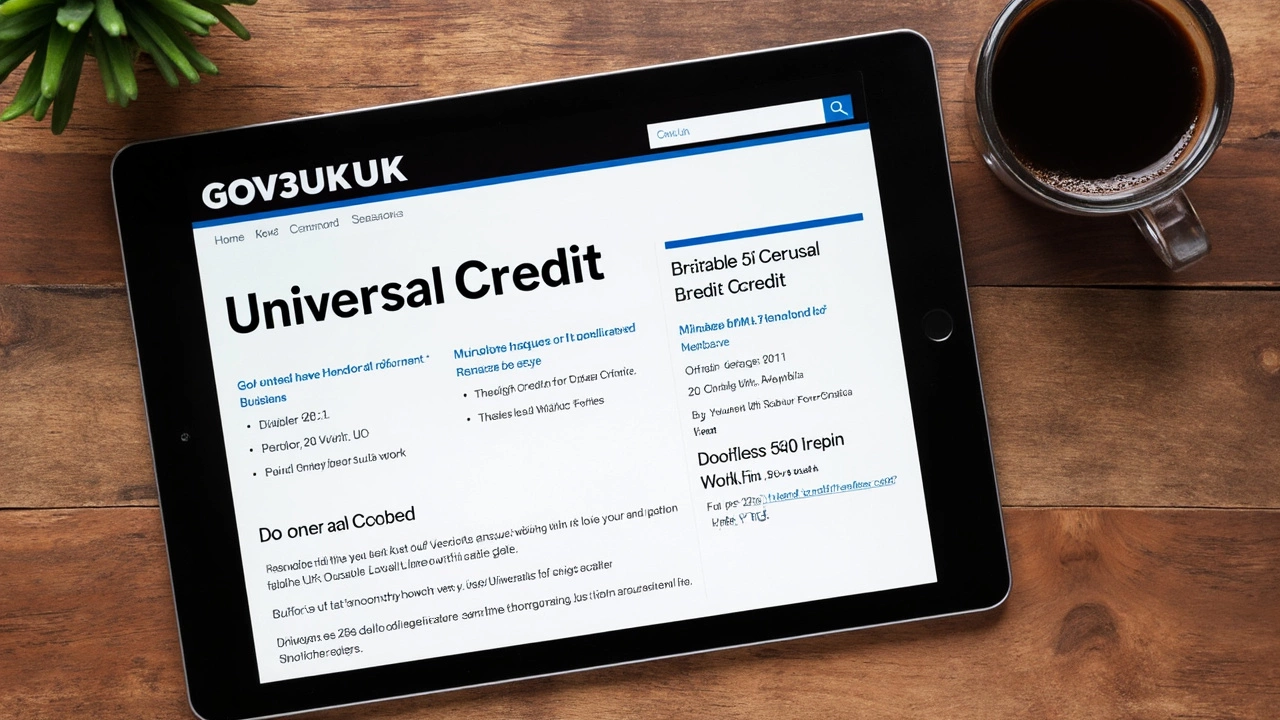Personal Independence Payments (PIP): What You Need to Know
If you live with a long‑term health condition or disability, you’ve probably heard of Personal Independence Payments, or PIP. It’s a benefit that helps with everyday costs that your condition makes harder to manage. The good news is it isn’t tied to your income or savings, so anyone who meets the criteria can apply.
Who can claim PIP?
PIP is for people aged 16 to State Pension age who have a health condition or disability that affects daily living or mobility for at least three months. You don’t need a diagnosis from a doctor – just evidence that your condition makes tasks like dressing, cooking, or moving around a struggle.
The benefit is split into two parts:
- Daily living component – helps with personal care, preparing food, managing medication, etc.
- Mobility component – covers travel costs, getting around the house, or using transport.
Each part has two rates: standard and enhanced. The rate you get depends on how much help you need, judged against a points system.
How to apply and what to expect
First step: call the PIP hotline. They’ll ask a few basic questions and send you a claim form. Fill it in honestly, giving as much detail as you can about what you can’t do and how often you need help. Include any medical letters, care‑provider notes, or receipts that show the impact of your condition.
After the form, you’ll be invited to a face‑to‑face assessment. A health professional will ask you to demonstrate tasks – don’t worry, they’re not trying to trick you. Explain any aids you use (wheelchair, hearing aid, etc.) and how they make a difference.
When the assessment is done, the decision team scores your answers. If you score high enough, you’ll get a letter with your award – either daily living, mobility, both, or none. If you’re surprised by the outcome, you can ask for a mandatory reconsideration and, if needed, appeal to the tribunal.
Here are a few practical tips to improve your chances:
- Keep a diary for a week before the assessment. Note down every time you need help, how long it takes, and any pain or fatigue you feel.
- Bring a friend or family member to the assessment. They can confirm what you say and fill in gaps.
- Don’t downplay your difficulties. The assessor needs to understand the full picture, so be specific about what you can’t do without assistance.
- Provide up‑to‑date medical evidence. A recent GP letter that outlines your condition’s severity carries weight.
Once you receive your award, the money usually goes straight into your bank account each month. You can use it however you like – to pay for care services, adapt your home, buy transport passes, or simply cover extra costs that pop up.
Remember, PIP isn’t a one‑off payment. If your condition changes, you can ask for a reassessment. Keep all your paperwork, as you’ll need it for any future claims or reviews.
Bottom line: PIP can make a real difference if you’re struggling with daily tasks or mobility. The process can feel bureaucratic, but a clear diary, honest answers, and solid evidence go a long way. If you’re unsure where to start, a local disability charity or advice line can walk you through each step.
Major Changes in Welfare: Universal Credit and PIP Alterations in Spring Statement 2025
Posted by Daxton LeMans On 1 Apr, 2025 Comments (0)

Big changes are coming to the UK welfare system as confirmed in the Spring Statement 2025. The government plans to tighten eligibility for Personal Independence Payments and adjust Universal Credit benefits, aiming to save £4.8bn by 2030. However, these changes could affect 800,000 people who may lose out on PIP support. There's also an increase in the National Minimum Wage, but critics caution these moves may lead to more people falling into poverty.




